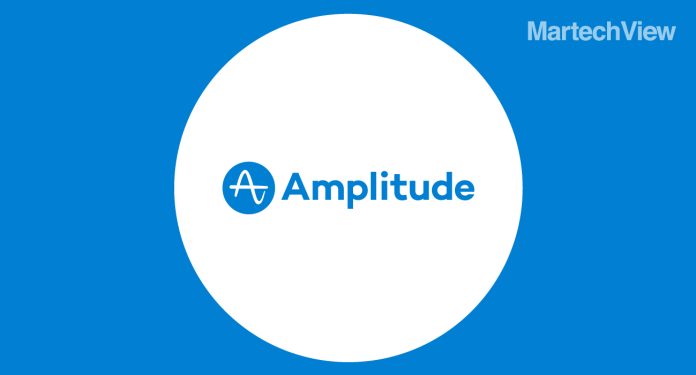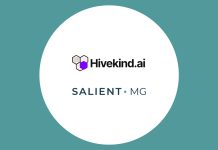Amplitude’s platform simplifies digital analytics with one-line code setup, out-of-the-box insights, and an AI-powered query engine for smarter decisions.
Amplitude, Inc., a leading digital analytics platform, released a radically simplified platform experience. It’s now easier for more people and organizations to get started and turn customer insights into better products.
Digital analytics has been too hard for too long. It has been hard to get started because companies need a team of engineers to set up the data pipeline and instrument events. It has been hard to use because teams need to know what to query, how to set up cohorts, and what to measure. And it has been hard to get to value because most people don’t know how to analyze or translate the data into actions. Amplitude is changing that.
With many new capabilities and a revamped user experience, Amplitude Made Easy removes the heavy lifting so teams can get started, get insights, and get value faster. Now, customers can set up the Amplitude platform with one line of code and immediately capture user actions in their app or website. Teams can also leverage out-of-the-box insights and an AI-powered query engine to get the answers, best practices, templates, and information they need without building or analyzing anything.
Also Read: GrowthLoop CEO Chris O’Neill on AI, Culture, and the Future of Marketing
“Technology shouldn’t be hard to use. We’ve rebuilt our platform to make analytics easy,” said Spenser Skates, co-founder and CEO of Amplitude. “This is the biggest reimagining of the future of digital analytics since we started the company 12 years ago. Radical simplicity is the key for everyone using data in the future.”
With a revamped user experience and new capabilities, customers benefit from intuitive workflows and powerful results. New features include:
- One line of code set up: Getting started with Amplitude used to take weeks of engineering time. Now, one line of code gets you access to Amplitude’s end-to-end platform with Analytics, Session Replay, CDP, and Experimentation.
- Out-of-the-box Web and Product Analytics: Teams used to build dashboards and charts to understand their data. Amplitude instantly surfaces real-time insights for growth, marketing, and product teams. Individuals can use these insights to understand campaign performance, conversion, retention, and feature engagement without building anything.
- Autocapture: Tedious tracking plans are no longer a blocker. Now, you can capture clicks, page views, and other user interactions on your website or application with minimal engineering. Teams can automatically populate baseline metrics and dashboards and use visual labeling to identify what to measure. Autocapture seamlessly integrates with our best-in-class precision tracking to make the on-ramp for Amplitude faster than ever.
- Ask Amplitude: Use plain English to ask questions and get answers in real-time, powered by generative AI. Amplitude provides the answers, visualizes the data, recommends what to ask next, and builds on past context for accuracy and relevance.
- Template Gallery: Instead of spending hours figuring out what to measure and how to build a chart from scratch, teams can leverage templates built by leaders in the product and growth communities, including Elena Verna and Timo Dechau. These templates address the industry and role’s most common use cases, including retention, product-led growth (PLG), and campaign performance.
Also Read: New CIO? Break Silos for Success
These capabilities are available today for all customers and included for free in our Starter plan.
“Few things will enable your business more than outstanding self-service analytics,” said Alex Schlee, senior product manager at MotorTrend. “Amplitude’s self-serve model has been a game-changer for getting consistent data into the hands of people across our product, analytics, engineering, and editorial teams. Allowing anyone in our organization to generate insights via Amplitude has empowered us to rapidly make improvements and optimizations beyond what anyone thought was possible.”










